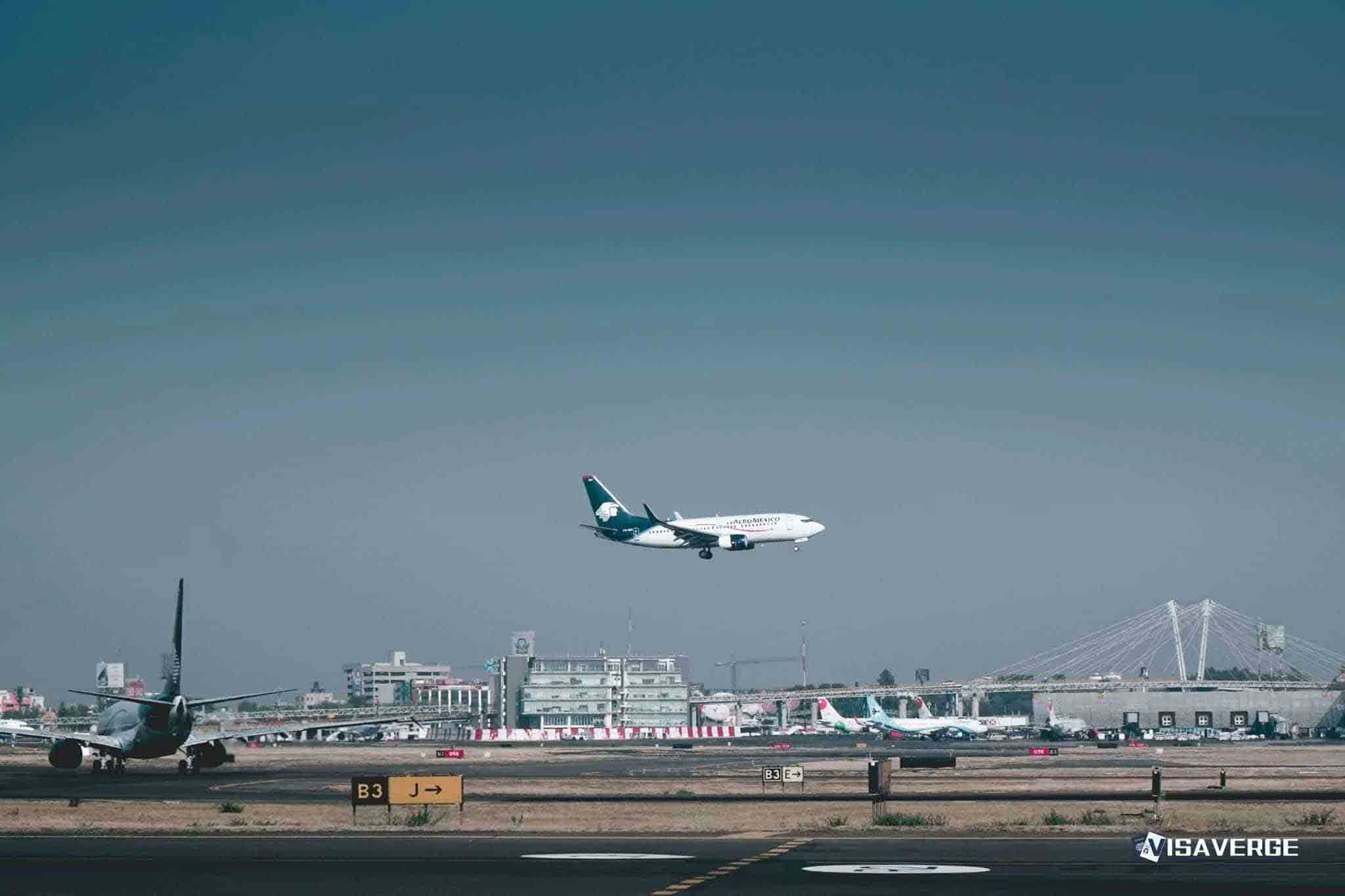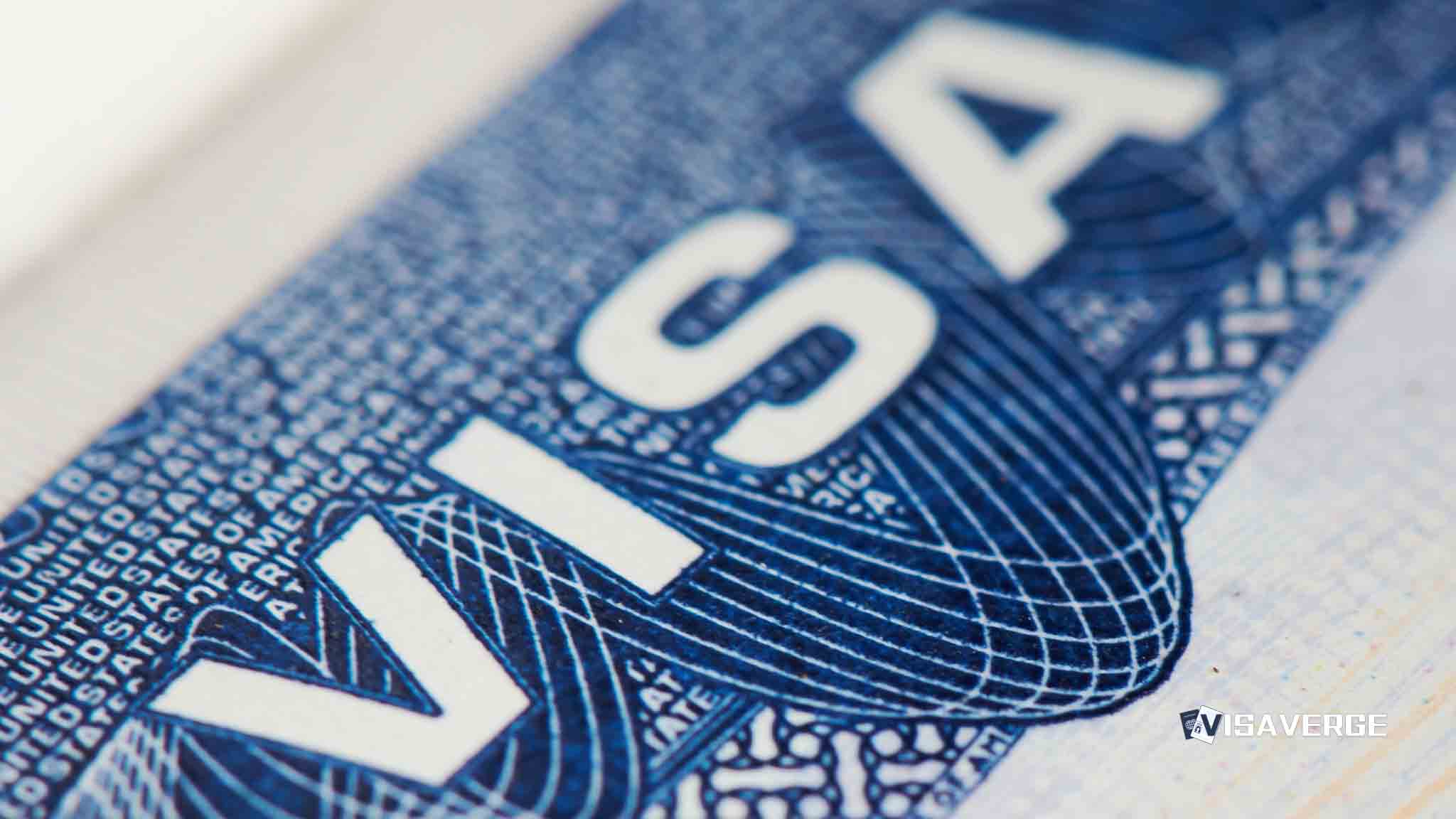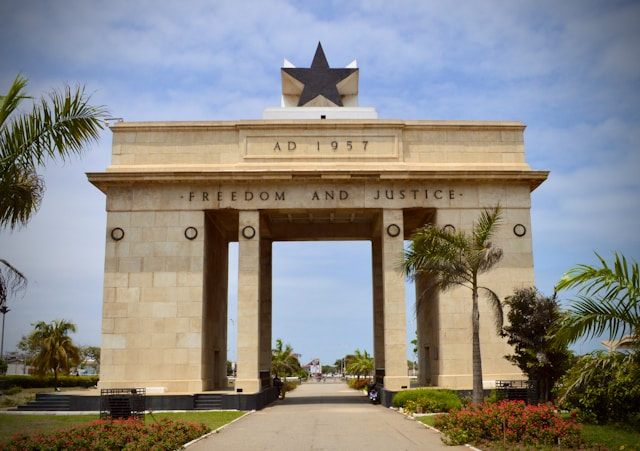(U.S.) U.S. air travelers now have a clearer promise in their pockets: automatic refunds when a flight is canceled or when a domestic trip is delayed by more than three hours—and six hours for international routes—regardless of the cause. The rule, highlighted by consumer advocates after recent shutdown disruptions, applies nationwide and has reset expectations for families, students, and workers who face sudden changes to their plans at airports across the United States 🇺🇸. It doesn’t matter if the airline blames weather, staffing, or broader operational strain—if the disruption meets the time threshold and you don’t accept alternate transportation, you’re owed your money back.
What the Department of Transportation requires

Under the Department of Transportation’s policy framework, airlines must return:
- The full ticket price, and
- Any unused add-ons (for example, baggage fees or seat upgrades).
Timing for refunds depends on payment method:
- Card purchases: refund must arrive within seven days.
- Other payment methods: refund must arrive within 20 days.
The law gives travelers a strong baseline: you don’t need to argue with an airline agent to get what the rule already guarantees. The same rule applies to canceled flights where you decline a substitute flight, and to long delays measured at three hours or more for domestic trips—often the tipping point for missed connections, hotel plans, or time-sensitive events.
Important: If you accept rebooking on another flight or take a travel credit, you generally give up your right to a cash refund. Ask before accepting any alternate itinerary or voucher.
What the rule does not require
The protections stop short of some international standards. Notably:
- U.S. airlines are not required to pay cash compensation for passengers’ time or stress, even when the airline is at fault.
- There is no automatic right to meals, hotel rooms, or other care under federal rules.
- Airlines sometimes offer discretionary relief (waivers, free rebooking, or refunds) during major disruptions, but these are not guaranteed and vary by carrier and event.
Comparison with Canada and the European Union
Canada
– Cash compensation applies when the delay is within the airline’s control (and not safety-related).
– Large carriers: $400 for 3–6 hours, $700 for 6–9 hours, $1,000 beyond 9 hours.
– Small carriers: $125, $250, and $500 across the same bands.
– Procedural rules: file claims in writing within a year; airlines have 30 days to respond.
– Airlines must provide food, drinks, communication access, and accommodation if the airport wait exceeds two hours for disruptions within airline control.
European Union
– Passengers can receive up to €600 (roughly $650) for arrival delays of three hours or more when the airline is responsible.
– Carriers must cover meals, refreshments, access to communication, and reasonable hotel costs (with receipts) if an overnight stay is necessary.
These contrasts often confuse international travelers who expect the same protections across regions; VisaVerge.com notes the differences lead to mismatched expectations.
Practical tips for travelers
- Immediately after a cancellation or when a delay passes the threshold (3 hours domestic / 6 hours international), decide whether you will:
- Accept an alternate flight (you may lose cash refund rights), or
- Decline and request a refund.
- Ask for the refund in the original form of payment and confirm unused add-ons (baggage, seat fees) are included.
-
Keep records:
- Confirmation of cancellation or delay,
- Receipts for unused add-ons,
- All communications with the airline (emails, messages, agent names).
- If offered a credit or voucher, understand it typically ends your claim to cash—ask explicitly whether accepting it affects refund rights before agreeing.
-
If the airline delays a required refund beyond seven or 20 days, file a formal complaint with the U.S. Department of Transportation.
| Country/Type | Visa Category | Processing Time |
|---|---|---|
| USA | General air travelers (domestic) | 3 hours |
| USA | General air travelers (international) | 6 hours |
| USA | Card purchases refund | 7 days |
| USA | Other payment methods refund | 20 days |
| Canada | Airlines’ response to claims | 30 days |
| European Union | Compensation threshold for arrival delays | arrival delays of 3 hours or more (time threshold rather than processing) |
Who is affected
These rules matter for a wide range of travelers:
- Students on F-1 visas
- Nurses and other workers traveling for assignments
- Tech workers on H-1B visas
- Families visiting relatives abroad
- Anyone with time-sensitive appointments (immigration interviews, court dates)
For many, the difference between a cash refund within seven days and an open-ended travel credit can determine whether they can rebook on short notice.
Industry positions and consumer advocacy
- Industry groups argue broad cash payouts would raise fares and strain airline operations during complex events.
- Consumer advocates say predictable compensation encourages better planning and fewer last-minute cancellations.
The American system currently sits in the middle: clear on automatic refunds, limited on additional care or cash compensation. Recent attention to shutdown-related cancellations has pushed more passengers to press for refunds early and to document unused add-ons, which must be returned when they weren’t used because of the disruption (VisaVerge.com).
Official guidance and where to learn more
For definitive information, consult the Department of Transportation’s consumer page explaining refund rights, timelines, and complaint procedures:
That page is the clearest single reference for federal refund obligations across the United States 🇺🇸.
Key takeaway: The federal baseline is simple—refunds for canceled flights or qualifying delays of three hours (domestic) and six hours (international)—but the choices you make at the airport or in an app (accepting reroutes or credits) can change whether you receive cash back.
This Article in a Nutshell
The Department of Transportation now requires U.S. airlines to automatically refund the full ticket price and unused add-ons for canceled flights or delays of three hours or more (six hours international), regardless of cause. Card refunds must arrive within seven days; other methods within 20 days. Accepting rebooking or travel credits generally voids cash-refund rights. Federal rules don’t mandate cash compensation for time or require meals or hotels. Travelers should request refunds to the original payment method, keep records, and file DOT complaints if refunds are late.








